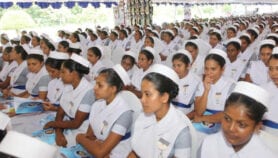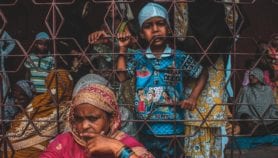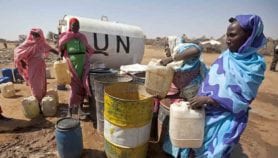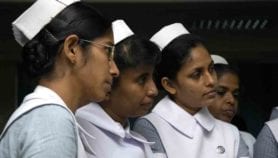By: Luisa Massarani
Send to a friend
The details you provide on this page will not be used to send unsolicited email, and will not be sold to a 3rd party. See privacy policy.
Argentina and Brazil have signed an agreement to cooperate on a number of short-, medium- and long- term scientific and technological programmes.
The two countries are also putting together proposals for a US$240 million programme of collaborative scientific and technological projects, to be submitted within the next few weeks to the Inter-American Development Bank (BID) for funding over a five-year period.
The new agreement was signed in the Brazilian capital Brasilia last week (25 March) by Ronaldo Sardenberg, the Brazilian minister of science and technology, and his counterpart Júlio Luna, Argentina’s secretary of science, technology and productive innovation.
Sardenberg said that their goal was “to consolidate an innovative co-operation programme that aims to strengthen the role of science and technology in the economic and social development of both countries”.
The agreement includes an increase in short-term fellowships focussed on joint projects between the two nations, intended partly to reduce the ‘brain drain’ currently being experienced in Argentina as a result of the country’s current economic difficulties. Researchers from both countries will be able to receive a visiting fellowship in the other country for periods of between 15 days and six months. Other grants cover doctoral and post-doctoral programmes.
The agreement also covers joint action in genomics, such as training in molecular biology, bioinformatics and gene sequencing. The two countries have agreed to set up a joint network in genomics and proteomics, and consideration will be given to ways in which Argentinean laboratories might participate in Brazil’s network of research institutions engaged in structural molecular biology.
Brazil is making about US$600,000 available to finance the exchanges and the training commitments. Calls for researchers to participate in the programme will be launched in both countries through the Internet on April 15.
© Scidev.Net 2002













